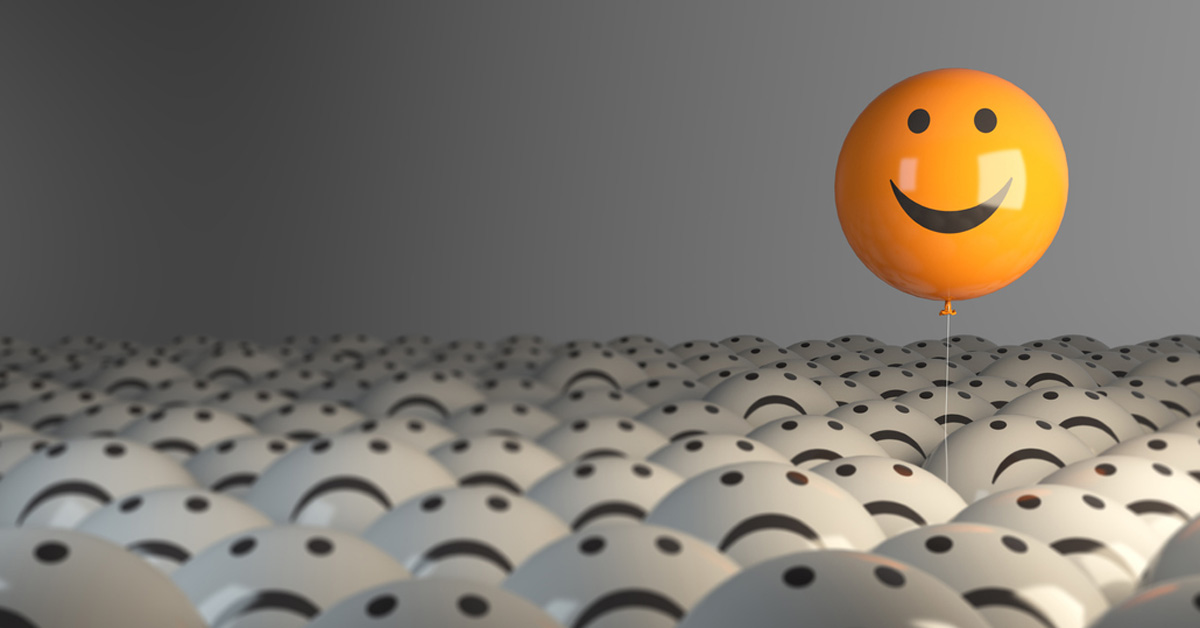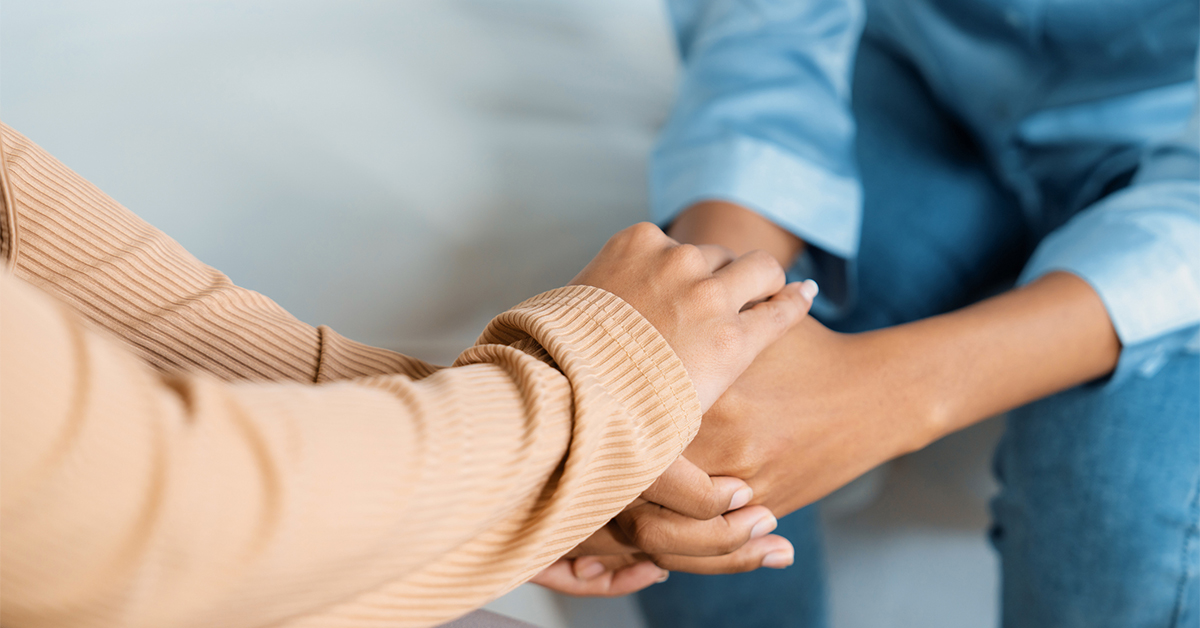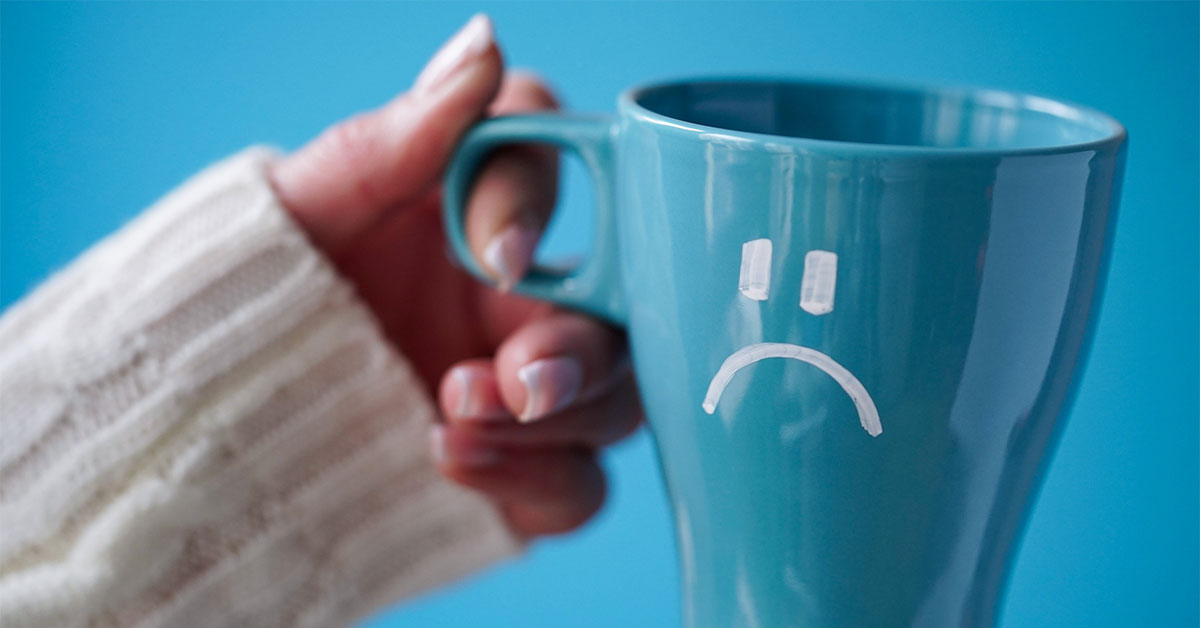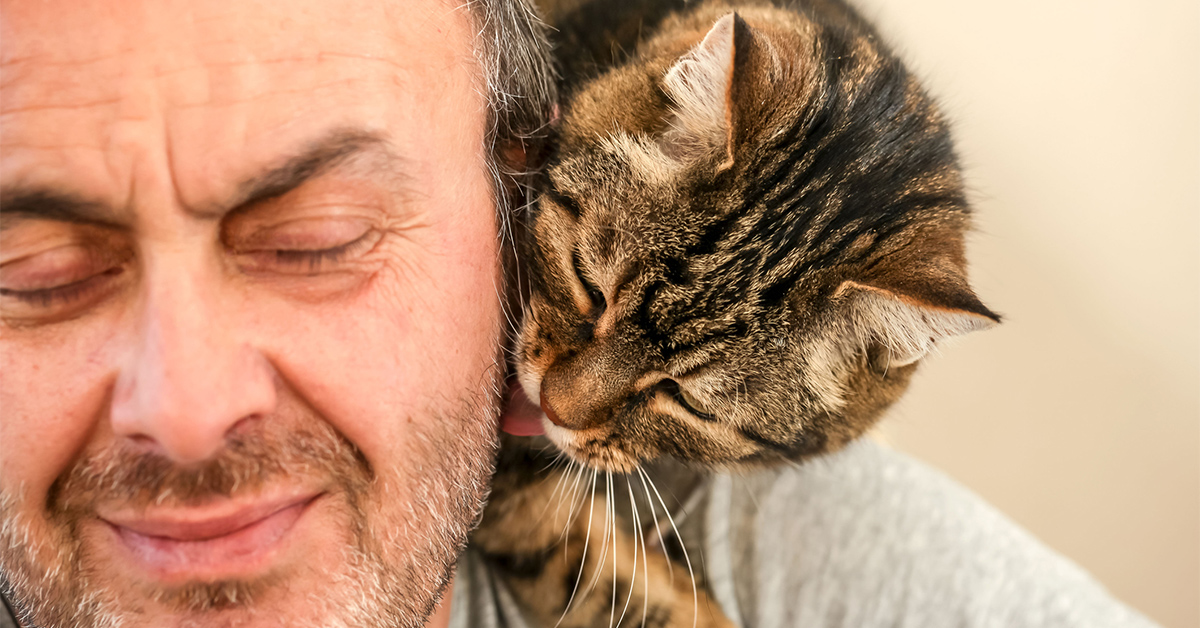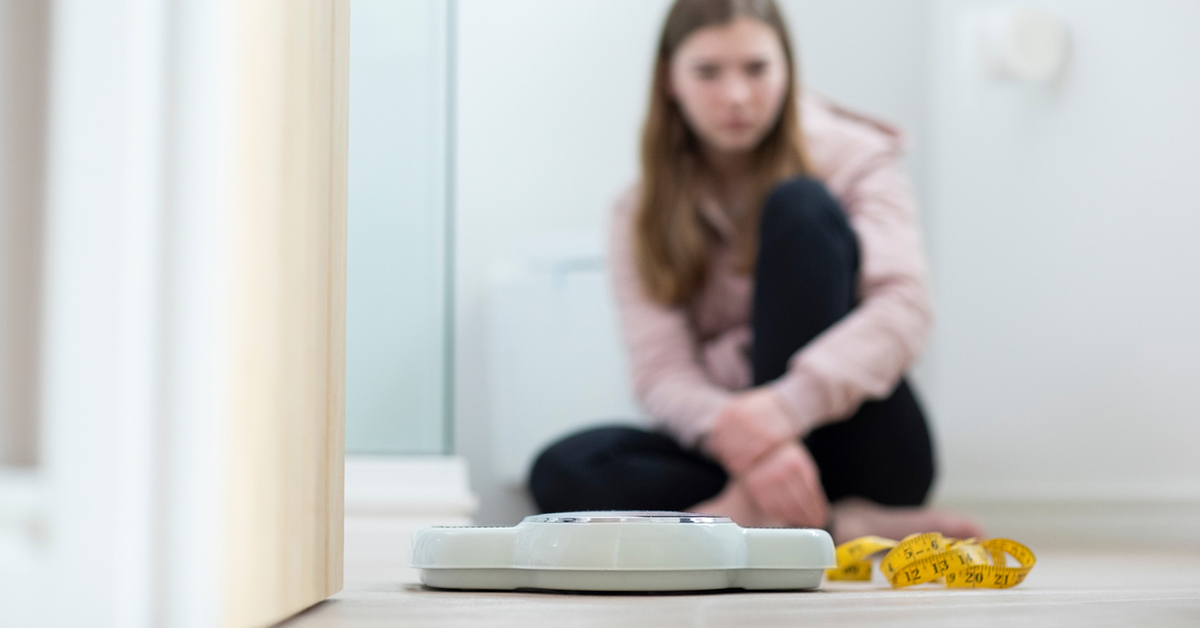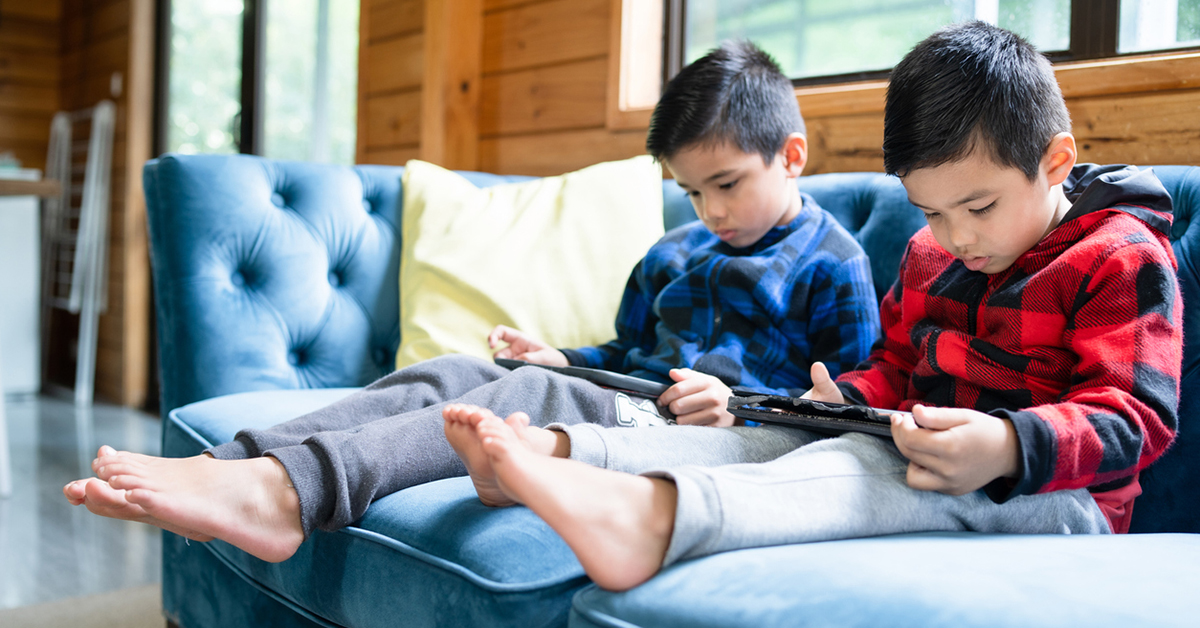Sometimes in the depths of winter, we need an occasional pick-me-up to get us through the long, cold Minnesota days. When you need a mood booster, try a few of these.
Get outside
If your mother ever told you to go outside and play, she had your best interest at heart. Getting out into nature, getting fresh air, and soaking up the sunshine is good for us. Studies have shown countless benefits to spending time in nature:
- Improves your mood
- Reduces feelings of stress or anger
- Helps you feel more relaxed
- Improves your confidence and self-esteem
- Lowers risk of depression
- Restore and strengthen our mental capacities
- Increases focus and attention
In one study, an astounding 95% of those interviewed said their mood improved after spending time outside, changing from depressed, stressed and anxious to more calm and balanced. You don’t even need to carve out much time. Researchers in Finland showed that after just 15 minutes of being outside, people began to feel psychologically restored. Add in some walking, and feel better even faster.
If you find yourself feeling down, anxious or overwhelmed, bundle up and get outside! Breathe in the fresh air, soak up the sunlight, and appreciate the nature around you. Doing this regularly can lead to overall improved mental health and wellbeing.
Move
We know exercise is a crucial component of physical health, but an active life can support our mental health too. If you’ve ever procrastinated with exercise, you know that once you’ve gotten that workout in, you never regret it. One of the many benefits of exercise is the release of endorphins, endocannabinoids and dopamine, the body’s feel-good chemicals. These provide a natural mood boost, improve sleep, reduce anxiety, and improve self-esteem and cognitive function like attention, memory and motivation.
Any activity – jogging, swimming, cycling, walking, gardening, and dancing – can produce mental health benefits. Aerobic exercises like these are a great place to start. Add in yoga, breathing exercises and meditation for relaxation. Team sports have the added benefit of adding a social connection.
According to the Mayo Clinic, 30 minutes of exercise 3-5 days a week may significantly improve depression or anxiety. But smaller amounts of activity — as little as 10 to 15 minutes at a time — may make a difference. It may take less time exercising to improve your mood when you do more-vigorous activities, such as running or bicycling.
Looking for a great place to get moving? Check out the Welia Center, its indoor walking track and fitness classes.
Get some zzzzs
If you’ve ever been accused of waking up on the wrong side of the bed, you’ve likely experienced firsthand how sleep impacts our mental health. Sleep, or its lack, affects mental and physical health. Getting enough sleep has many benefits. It can help you:
- Reduce stress
- Improve mood
- Increase concentration and productivity
- Improve problem-solving skills
- Enhance memory
Sleep is closely connected to mental and emotional health and has been shown to be associated with depression, anxiety, bipolar disorder, and other conditions. Insomnia, or chronic lack of sleep, as shown in one study, increased the risk for depression by five-fold, and your odds of anxiety or panic disorders are even more significant.
Review these healthy sleep habits if you have trouble getting a good night’s sleep.
Give thanks
It’s not surprising that people who consistently count their blessings, and express gratitude, are happier. But specific to our mental health, a growing area of research has shown that gratitude can help people:
- Sleep better
- Lower stress
- Improve interpersonal communication
- Decrease depression and anxiety
- Lessen phobias
- Overcome dependence on nicotine, alcohol and drugs
- Improve self-esteem
Gratitude helps us feel more positive emotions, relish good experiences, improve our health, deal with adversity, and build strong relationships.
Building a practice of gratitude is easy. One simple way to start is by writing down three things you are grateful for. For more ideas, view this guide for How to Practice Gratitude.
Connect
Social connectedness, or human interaction, is essential for our wellbeing, and many suggest it is the core of who we are. The links between human connection and mental health are undeniable. When we create connections, we feel valued and supported, and in turn, we benefit from the following:
- Lower rates of anxiety and depression
- Higher self-esteem
- Greater empathy
- More trusting and cooperative relationships
If social connectedness gives life purpose, what can we do to enhance how and how often we connect with others? One researcher suggests four ways to connect.
- Have a heart-to-heart. The emotional intimacy of deep conversations allows for vulnerability on the one hand and understanding and compassion on the other. This give-and-take contributes to a strong bond.
- Give and receive help. Practical help, like picking up someone’s groceries for them, or emotional support, like offering someone a hug after a bad day, builds connectedness.
- Positive vibes. Sharing positive experiences and positive emotions create a sense of togetherness and belonging.
- Affirming expressions. Expressing appreciation for others, either with a verbal comment or physical gesture, builds trust.
Mood boosters can be simple, easy, and even fun. Step outside for a few minutes of fresh air, take a walk, go to bed a little earlier, jot down what you’re grateful for, or catch up with a friend. Build these into your routines for regular boosts to your mental health.


